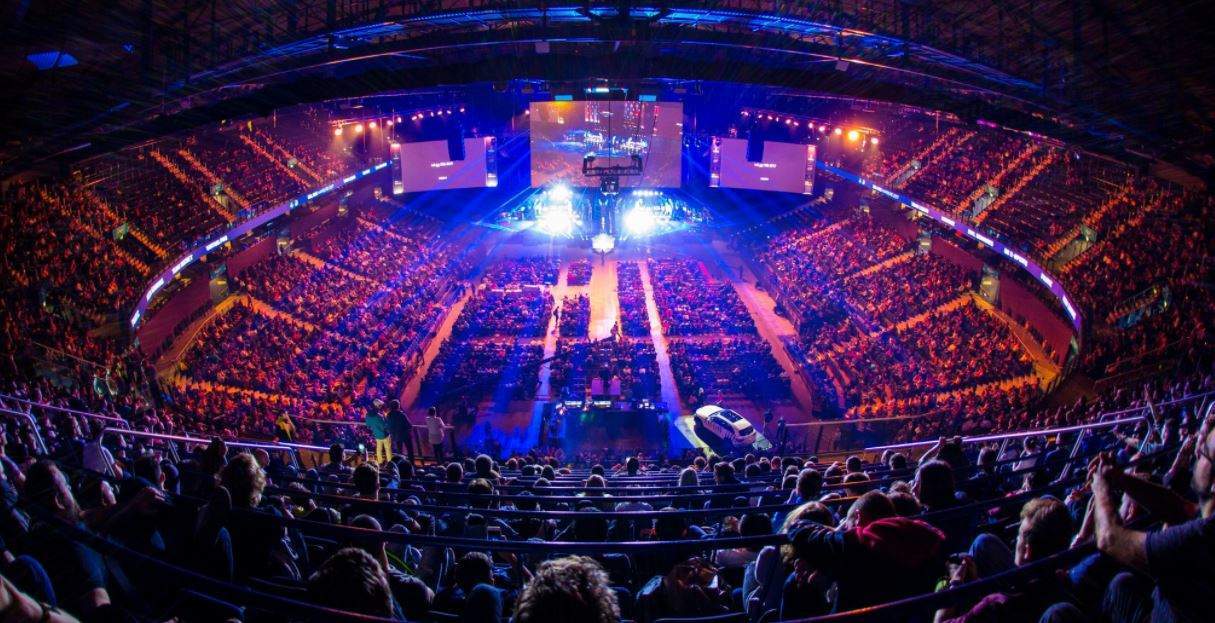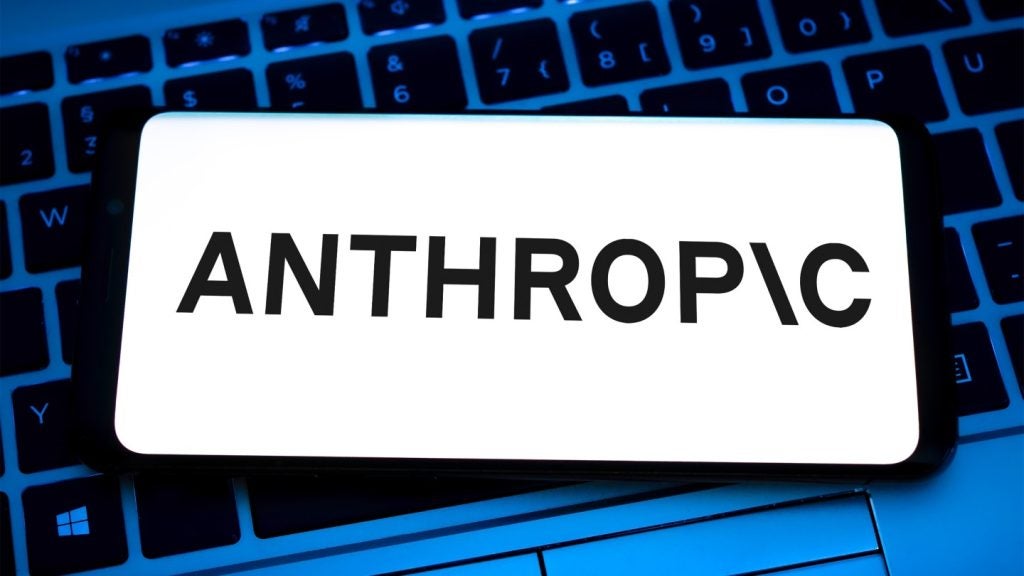
Social media giant Facebook has agreed a deal to become the exclusive broadcaster of ESL’s popular CS:GO (a first-person shooter) and fantasy battle game Dota 2 esports tournaments.
The organiser announced that it would be airing its two highest tiered competitions via Facebook. The social media platform will be showing all ESL Pro League and ESL One matches in 2018.
Facebook users will be able to stream matches in English and Portuguese in 1080p/60fps quality via the Facebook Watch platform.
The agreement comes into effect immediately. ESL Facebook streaming will begin on Tuesday, 23 January with the Dota 2 tournament at ESL One Genting.
This will bring an end to ESL’s current deal with YouTube. The video sharing platform served as the ESL Pro League’s exclusive broadcaster last season, but appears to have been usurped by Facebook according to Dot Esports.
ESL outlined their reasons for partnering with Facebook in a statement announcing the deal:
How well do you really know your competitors?
Access the most comprehensive Company Profiles on the market, powered by GlobalData. Save hours of research. Gain competitive edge.

Thank you!
Your download email will arrive shortly
Not ready to buy yet? Download a free sample
We are confident about the unique quality of our Company Profiles. However, we want you to make the most beneficial decision for your business, so we offer a free sample that you can download by submitting the below form
By GlobalData“Facebook has not only introduced a structured platform for video distribution, but also implemented technological upgrades that esports audiences have grown to expect, such as streaming in 1080p/60fps and VR. Facebook will also make video content easily accessible for Facebook’s 2b monthly active users, allowing much easier promotion of esports content to the millions of esports fans on the platform.”
By airing competitions on Facebook, it will be far easier for ESL to connect with its viewers. ESL has promised an “advanced viewing experience” that will connect Facebook users with the pages of their teams and players. In return, this will help them to drive engagement and in turn help to build a stronger community.
What’s in it for Facebook?
The announcement that Facebook was moving away from branded content with its recent algorithm changes saw the company’s stock price drop.
However, Facebook won’t be banishing this endless stream of video content. It will simply be moving it over to their new Facebook Watch platform.
Announced last year, Facebook Watch is a video-on-demand service through which the social network hopes to partner with creators to deliver original content to its users. This will provide a new space for content creators to put their work in front of Facebook users without clogging up their news feeds.
With $1bn reportedly put aside for original content, it seems Facebook has big plans for Watch.
With the announcement of the ESL Facebook deal, it appears that the social network is attempting to compete with video sharing platforms such as Google’s YouTube. Likewise, focusing on gaming content would also put it up against Amazon’s Twitch video game streaming platform.
Even with Facebook’s resources, wrestling market share away from YouTube and Twitch will be a big ask.
However, judging by ESL’s statement, virtual reality will play a major role in the streaming of games. According to Wired, viewers will be able to watch matches in VR via the Facebook 360 app.
Twitch already offers the ability to stream in VR. However, Facebook is set up to dominate its rivals in this regard. Facebook already has established VR teams working on new ways to provide social experiences through VR. Likewise, Facebook also owns market leader Oculus. This will allow it to push live esports streams to the millions of Rift users.







